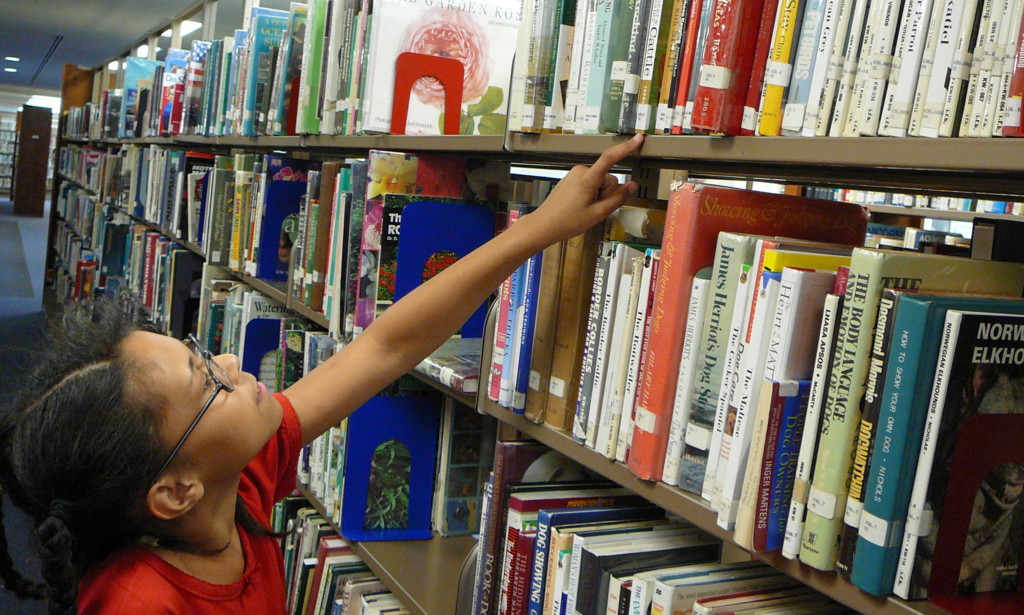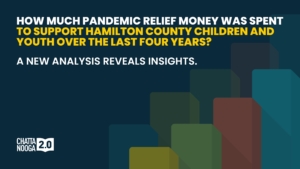“Reading is to the mind what exercise is to the body.”
Richard Steel’s words from 1710 resonate now as the knowledge from reading impacts everything in life.
Our children’s success in school and subsequently in the workforce, stems from an ability to read. Reading prepares our children for today’s challenges and gives them the ability to fulfill tomorrow’s economic opportunities. Providing children with the opportunity to learn basic reading skills and fostering an appreciation for books creates a desire for learning and makes a lifelong difference for every child.
Reading with a child every day for 20 minutes or more is the easiest and best way to help a child succeed in school and later in life.
Reading with a child every day for 20 minutes or more is the easiest and best way to help a child succeed in school and later in life. It is an investment in the child’s future as well as a lifelong bonding experience for both adult and child. Research demonstrates this in the Early Childhood Longitudinal Study (2000), which found that children who were read to at least three times a week by a family member were almost twice as likely to score in the top 25% in reading, compared to children who were read to less than three times a week. (Denton, Kristen and Gerry West, Children’s Reading and Mathematics Achievement in Kindergarten and First Grade (PDF file), U.S. Department of Education, NCES, Washington, DC, 2002)
Hearing a favorite book read again and again helps a child learn to read by hearing familiar words and seeing what the words look like in print. Reading together with a child encourages the child to associate reading with love and comfort. In fact, reading to children is one of the best ways to encourage language development. Source: Beginning with Books Center for Early Literacy, Annual Report 2005-2006
We also know from research that:
- By the age of 2, children who are read to regularly display greater language comprehension, larger vocabularies, and higher cognitive skills than their peers. Raikes, H., Pan, B.A., Luze, G.J., Tamis-LeMonda, C.S., Brooks-Gunn, J., Constantine, J., Tarullo, L.B., Raikes, H.A., Rodriguez, E. (2006). “Mother-child book reading in low-income families: Correlates and outcomes during the first three years of life.” Child Development, 77 (4).
- Children who are exposed to reading at an early age make the symbol/language connection, and are more likely to be reading at the appropriate age/grade level by the end of third grade. Source: Beginning with Books Center for Early Literacy, Annual Report 2007-2008.
- Children form basic cognitive abilities in their earliest years. If they are not exposed to letters, numbers and social skills at home, they enter school a full year and a half behind their peers in language ability. Source: Beginning with Books Center for Early Literacy, Annual Report 2009-2010.
The key to reading proficiency is to start early…the day your child is born. The more you talk and read to your baby, the faster he or she will learn. So Read! Read! Read!
Young children, birth to age five, deserve everything a parent can do for them to create a foundation for successful learning. All of these developmental areas are critical in providing the foundations for learning. In fact, 80% of a child’s brain development occurs in the first three years of life. In addition, the experiences that children have in those formative years will impact a child’s:
- Vocabulary as well as symbol/language connection
- Basic cognitive abilities
- Fine motor skills
- Gross motor skills
- Social and emotional skills
This is just one of the reasons why the Chattanooga 2.0 action team, Early Matters, is leading the cause for ChattanoogaBasics in our city. The Basics are five, fun and simple ways that every family can give every child a great start in life- including reading! Here are the five basics:
- Maximize Love, Manage Stress
- Talk, Sing, and Point
- Count, Group and Compare
- Explore through Movement & Play
- Read and Discuss Stories
The benefits of reading with a child every day are endless.
The ability to read effectively has a direct impact on a child’s future opportunities in all aspects of life, ranging from education and job preparedness to self-esteem and quality of life. This is why Read 20 is dedicated to creating a strong community of readers by promoting the importance and the love of reading.
—

Shawn Kurrelmeier-Lee is Chief Reading Officer at Read20 and an active participant in Chattanooga 2.0’s early childhood work. Read 20 is a member of Early Matters coalition which is bringing the ChattanoogaBasics to our community. A broad range of organizations and community members through Early Matters is ensuring that every parent and caregiver is fully supported in using the ChattanoogaBasics practices in everyday life.





